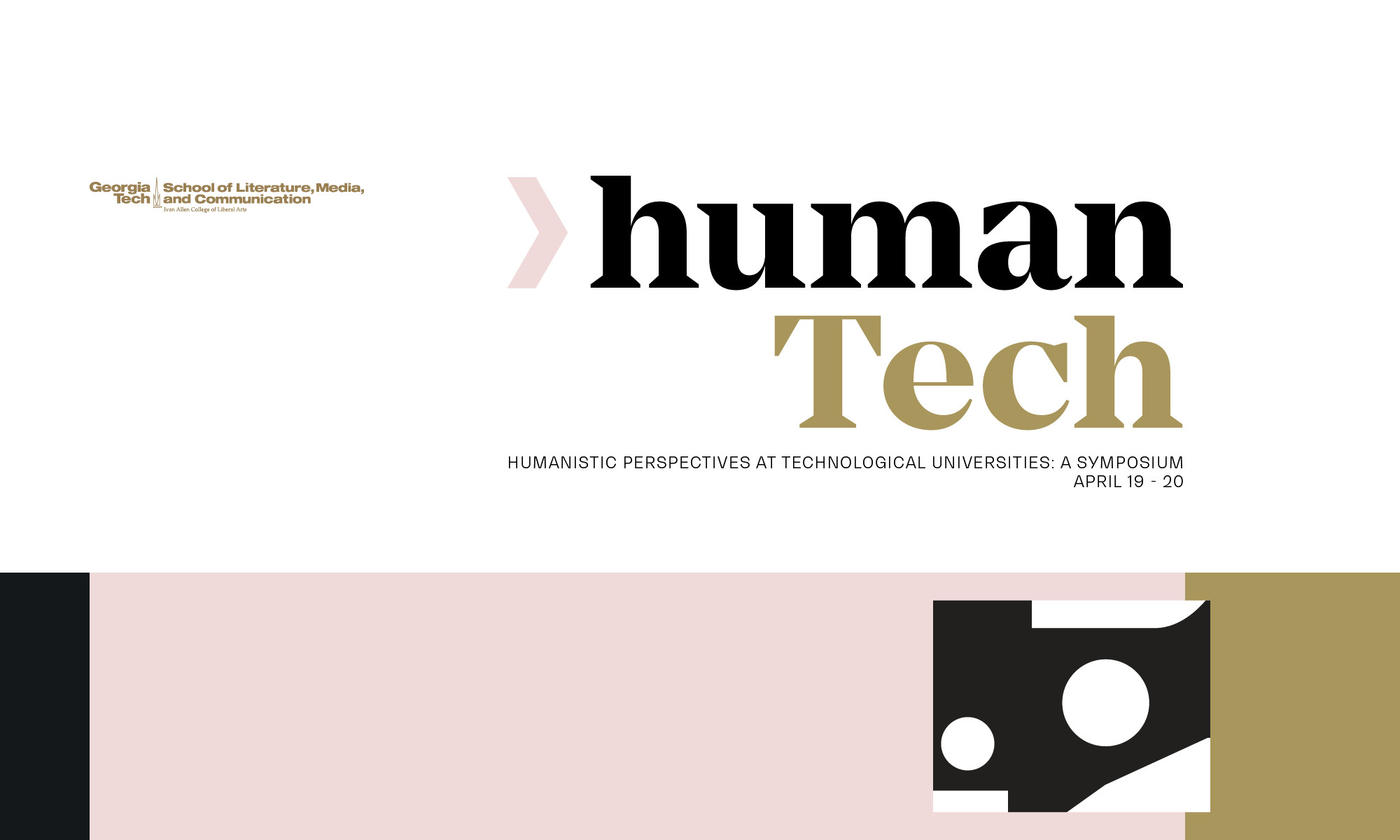In the history of the modern university the relationship between the humanities on the one hand and the sciences and technology on the other hand has been a contested one. Perhaps most importantly, while research in technology and science has been seen as synonymous with continuous change and progress, the humanities have been said to deal with the sempiternal. As polymath George Steiner expressed in Grammars of Creation: “Serious works [of literature] are never outstripped nor eclipsed; major art is not relegated to antiquarian status; Chartres does not date. […] The questions argued by Plato or Descartes or Kant are as pertinent today as they were at their inception. Only certitude ages.”
These kinds of traditional disciplinary distinctions may be more readily sustainable at traditional universities where the humanities preserve their own identities in well-established colleges, departments, and degree programs. At technological institutes, the humanities have sometimes played a smaller role. There are those who view them as auxiliary, relegated to the realm of general education, which often results in defensiveness and dissatisfaction. However, just as often the humanities at technological institutes make virtue of necessity and create innovative multidisciplinary programs, collaborative projects, and integrative methodologies specifically aimed at overcoming the typical disciplinary dividing lines described above. In fact, some believe that the future of the humanities in higher education may well emerge from these kinds of programs, projects, and methodologies more typical of technological universities. Apple’s Steve Jobs is credited with saying that “It’s technology … married with the humanities that yields us the results that make our heart sing.” Was he perhaps thinking about the humanities at technological institutes? And are some more traditionally defined universities also moving toward greater integration among disciplines set apart in the late nineteenth century?
Our symposium means to bring together thought leaders from across the nation to create an inventory of the opportunities and challenges for humanities scholarship and education at institutions of higher learning primarily focused on science and technology research and education. Some of the questions we hope our invited guests and their respondents will address include:
-
- What are the major opportunities for humanities scholarship and education at our institutions?
- How are the humanities integrated with the lead disciplines at our institutions?
- What are exemplary case studies of collaborative degree programs including human-centered disciplines?
- What are projects unique to the role of the humanities at technology- and science-oriented institutions?
- What are the careers for students graduating with humanities degrees at institutes of technology?
- How do we teach humanities subjects (communication, ethics, history, linguistics, literature, gender, performance, race) differently because of our science- and technology-oriented student populations?
- What is the role of the humanities at technological institutions in the area of retention?
- Are the digital humanities the best zone of contact for the humanities and technology?
- What is the institutional status and support for the humanities at our institutions (recruitment, admissions, career advisement, budget, grants, development)?
- How do the humanities contribute to diversity and inclusion at our institutions?
- Do humanities faculty at tech institutions feel they work in disciplinary diasporas?
- What are the major challenges for humanities scholarship and education at our institutions?
- How are the humanities recognized at our institutions? Are they considered essential or auxiliary?
- Are ‘traditional’ universities moving towards the integration of the humanities with science and technology at technological institutes?
